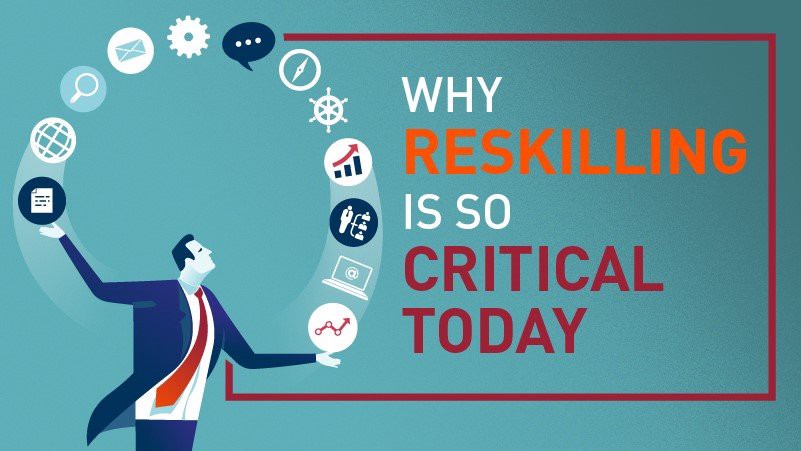The Importance Of Reskilling And Upskilling
There are few stones left unturned when it comes to COVID-19. Everything from “how to make your own hand sanitizer” to timelines of the Coronavirus pandemic have been laid out and made searchable.
There’s no way of tip toeing around it: in this present moment for most people, job security is on the decline and unemployment is hiking.
An ominous truth that we have had to come to terms with has been that a lot of what happens next to the global economy and job market is out of our control. The best any of us can do is start anticipating what may come, and begin strategically planning our next move. Now is as good a time as any to become familiar with upskilling and reskilling your employees.
Reskilling is defined as the development of additional skills to help them move to a new role, whereas upskilling is defined as the training that enables someone to become better at a job they already perform. It’s important for us to understand where the need for upskilling and reskilling is coming from, the importance of it, and how we even go about it. As learners continuously react to the market and gain new required skills, they become an adaptable force that can shift and bend with any changes in your market.
As a result, employees will have a greater wealth of knowledge and become used to reacting to what your industry and what the market demands, allowing you to leverage their skills to carry your organization across murky waters.



